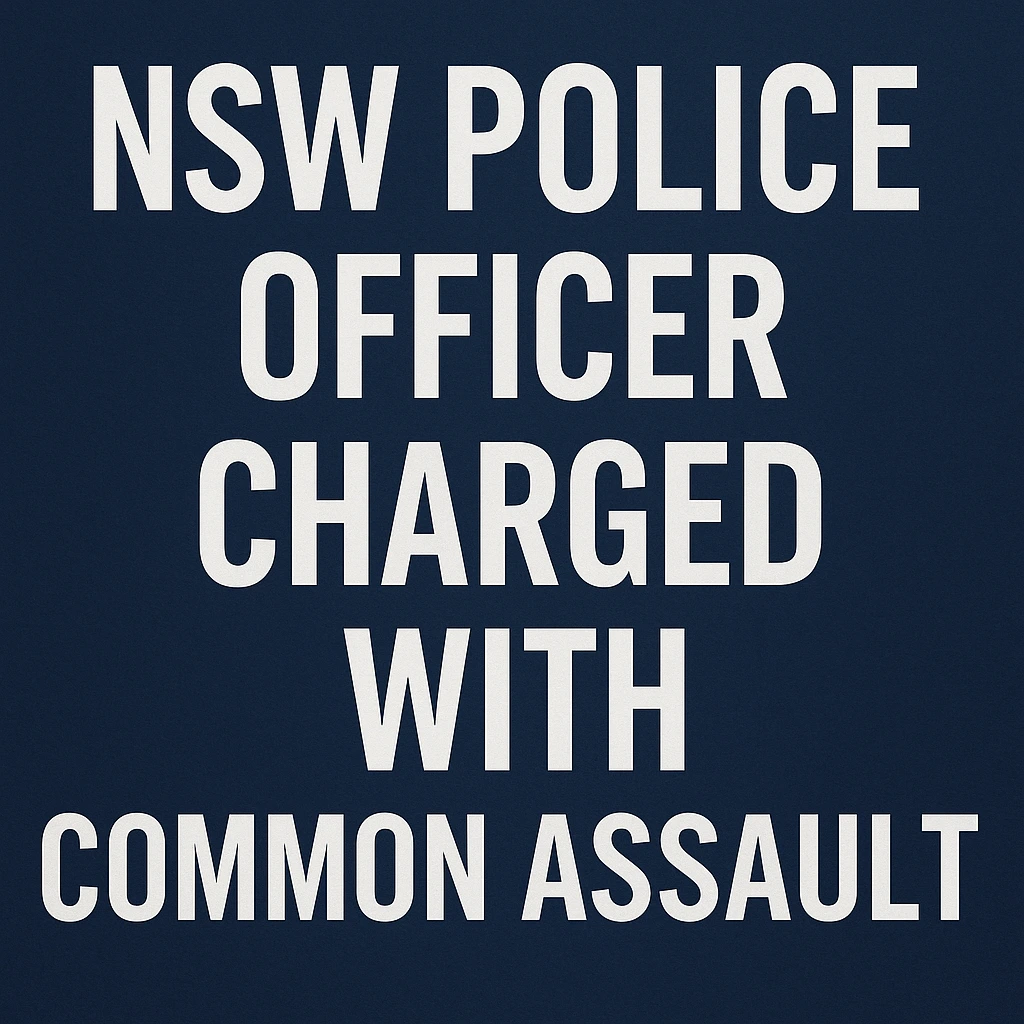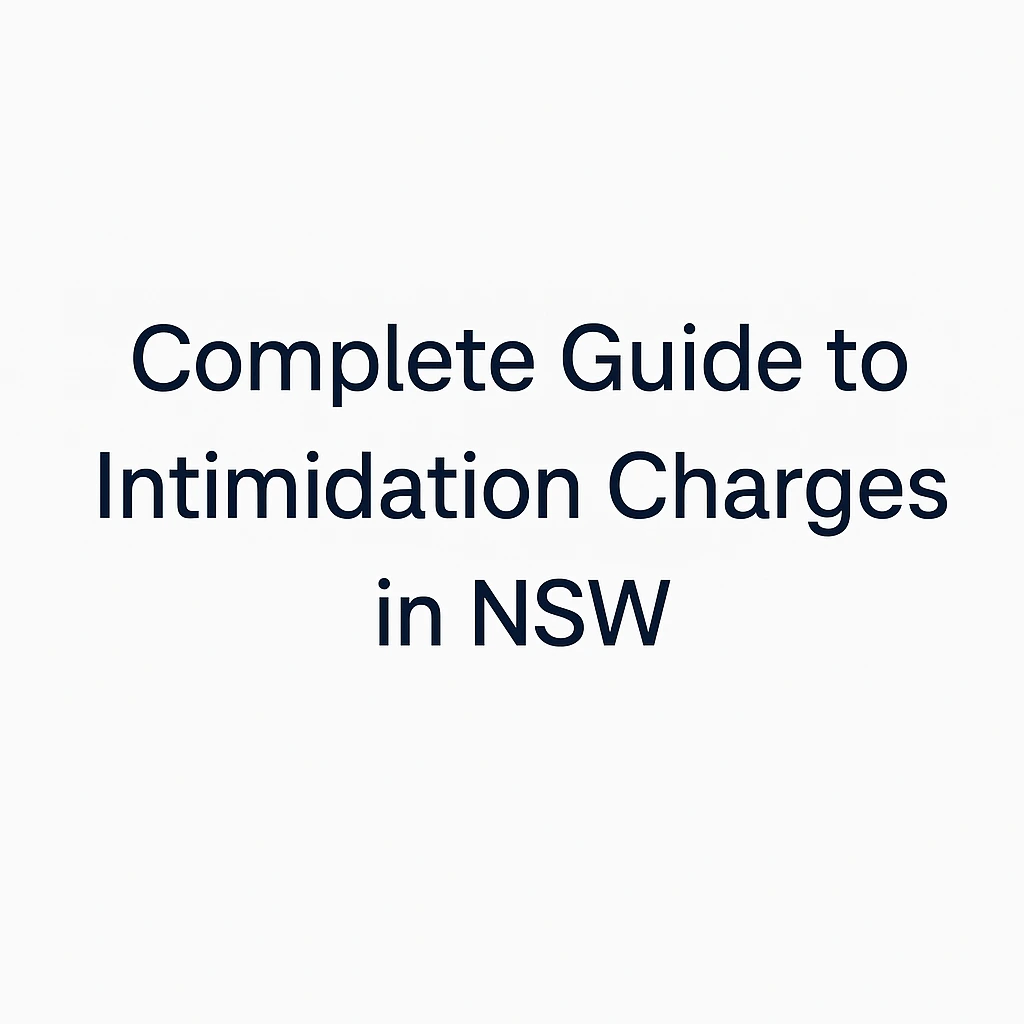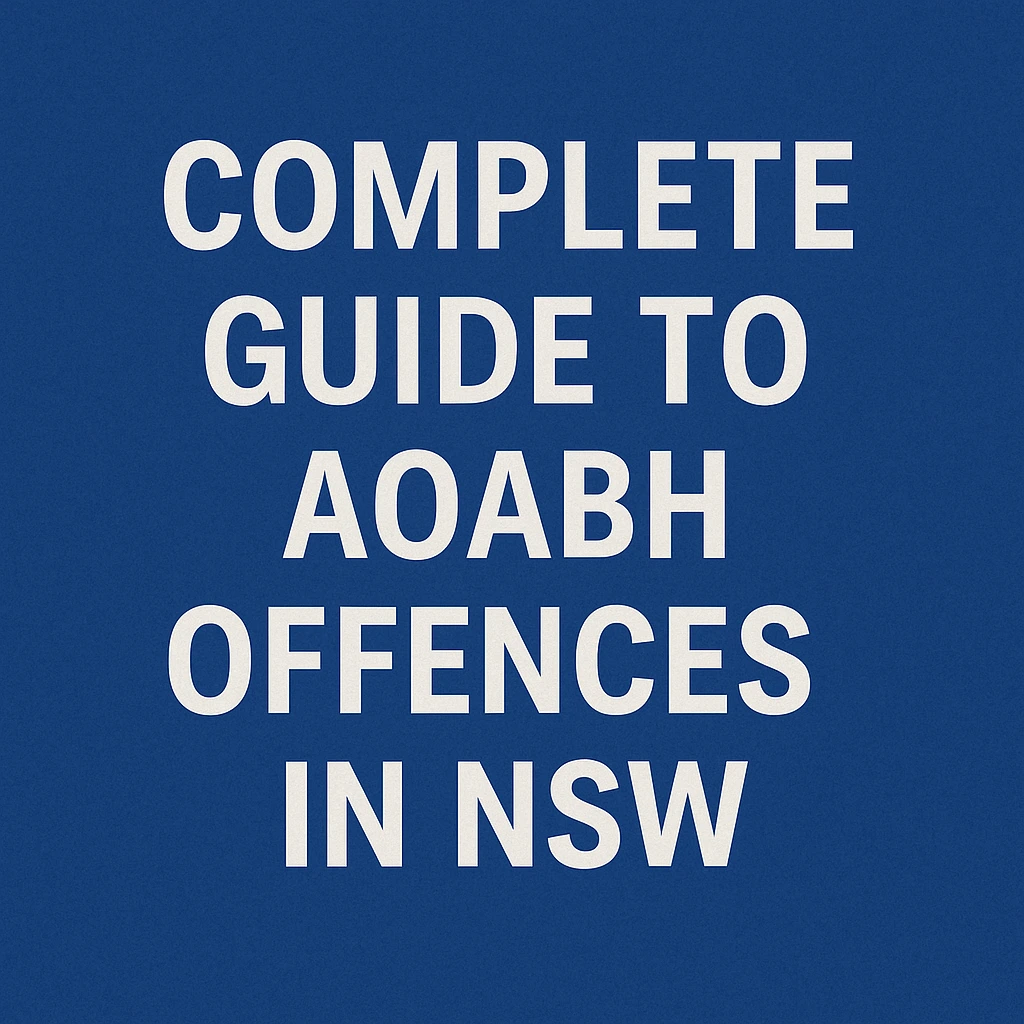NSW Police Officer Charged Over Alleged Assault
When allegations arise that a police officer exceeded lawful force, community trust and legal accountability come into sharpe focus. A recent case in Sydney’s south‑west offers an opportunity to examine the application of NSW common assault laws, the legislative checks on police conduct, and the scrutiny that follows.
The Allegation
In October 2024, an arrest in Camden by officers from the South West Metropolitan Region allegedly involved excessive force. A Senior Constable is accused of punching a handcuffed teenager multiple times while the youth was in the police vehicle. Other officers promptly reported the incident, triggering a formal investigation. The officer was summoned to appear at Picton Local Court on 27 August 2025 charged with Common assault NSW.
What Constitutes Common Assault in NSW?
Under section 61 of the Crimes Act 1900 (NSW), NSW common assault is committed when a person assaults another, without causing actual bodily harm. The statutory wording is: “Whosoever assaults any person, although not occasioning actual bodily harm, shall be liable to imprisonment for two years.” The maximum penalty is two years’ imprisonment.
Reasonable Force and Police Powers under LEPRA
Police officers are empowered to use force when executing their duties, but only force that is “reasonably necessary.” Under section 230 of the Law Enforcement (Powers and Responsibilities) Act 2002 (NSW):
“It is lawful for a police officer … to use such force as is reasonably necessary to exercise the function.”
Excessive force — such as striking a restrained person unnecessarily — may be unlawful conduct and lead to a NSW common assault charge.
Evidence and Burden of Proof
In a Common assault NSW prosecution, the prosecution must establish beyond reasonable doubt:
There was an application of force; &
The act was intentional or reckless; &
The act was unlawful; &
- The act was without consent of the complainant.
Sentencing Considerations
When sentencing for NSW common assault, courts look at objective seriousness of the offence and subjective case of the offender and:
Whether the offence was spontaneous or premeditated;
Degree of force used;
Vulnerability of the victim;
Prior criminal record;
Remorse and rehabilitation prospects.
Why Legal Representation Is Essential
Facing a charge of common assault NSW carries real consequences.
If you or someone you know is facing a NSW Common assault charge, prompt legal advice is critical.
Contact AMA Legal today for a discreet, obligation-free consultation on (02) 8610 3764.





